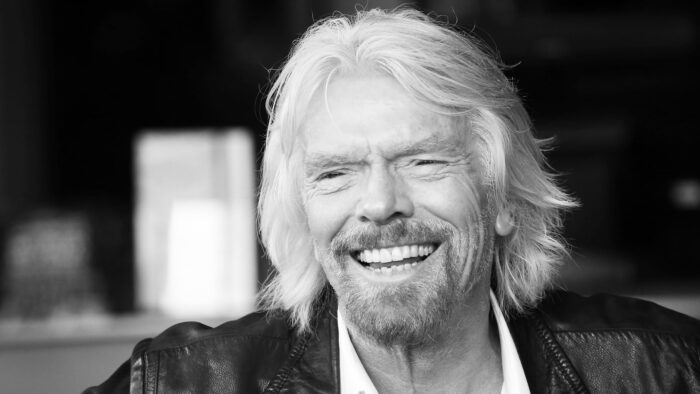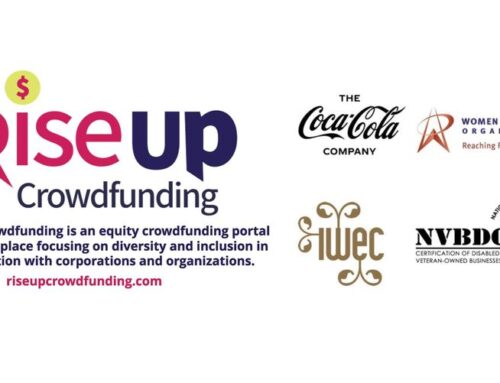One of the biggest myths surrounding this leadership strength is that it’s a sign of weakness.
BY MARCEL SCHWANTES, INC. CONTRIBUTING EDITOR AND FOUNDER, LEADERSHIP FROM THE CORE@MARCELSCHWANTES
For Inc.
Richard Branson. Photo: Getty Images
One of the factors behind ineffective leadership is that person’s inability to display the strength of the most exceptional leaders: vulnerability.
There’s immense power in being openly vulnerable. It allows a leader to emotionally connect with employees. And when employees connect above the neck with their leaders, they will walk through walls for them.
Billionaire Richard Branson, the founder of Virgin, is well-known for vulnerability. He once said, “Transparency, straightforwardness, and simplicity are true to the Virgin way of doing business.”
In their research, leadership experts Robert Goffee and Gareth Jones describe Branson as being particularly effective at communicating his vulnerability. “He is ill at ease and fumbles incessantly when interviewed in public. It’s a weakness, but it’s Richard Branson,” state the authors. “That’s what revealing a weakness is all about: showing your followers that you are genuine and approachable — human and humane.”
One of the biggest myths surrounding vulnerability is that it’s a sign of weakness in the leadership realm. In her research, Brown says that vulnerability is not a weakness, but one of our most accurate measures of courage. She told Inc.’s Leadership Forum a few years back, “I cannot find a single incident of courage that is not completely underpinned by vulnerability. … Think about the last time you saw someone do something that was brave, and I guarantee you vulnerability will be there.”
3 ways to increase the practice of vulnerability
Vulnerability, at its core, is about developing trust — the backbone of successful leadership. Employees and leaders who trust one another learn to be comfortable being open to one another about their failures, weaknesses, and even fears.
1. Be willing to ask for help
Vulnerable leaders have no qualms about not knowing everything or having all the answers. They don’t pretend to be “the expert.” They leverage the skills of their knowledge workers on the frontlines and ask for their help. When you start asking your employees for help, a funny thing happens: They’ll want to step up and help, and it spreads outwardly. Your workforce’s loyalty and commitment will rise.


